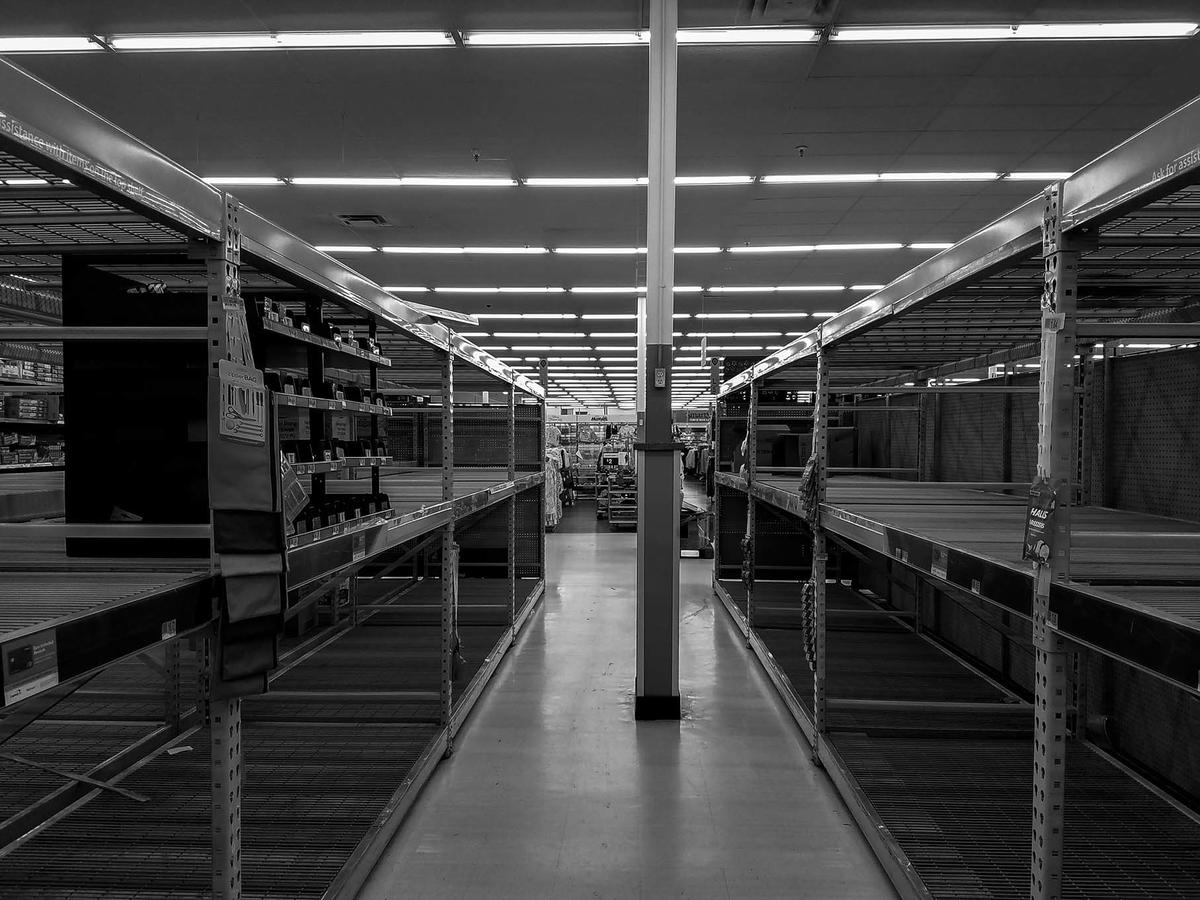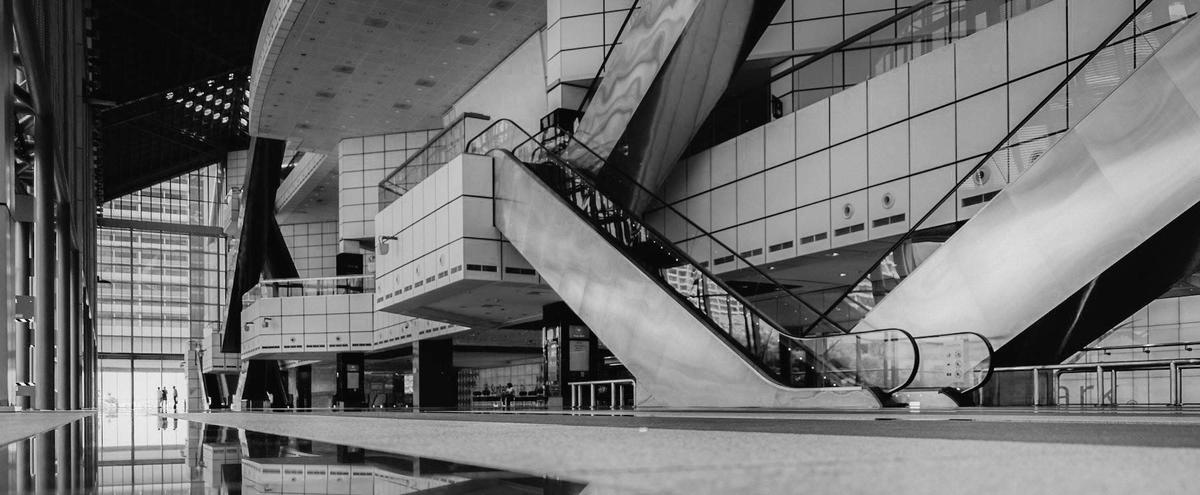ทกปๅฑ๐ฑ๔ณพฒนฒิโs 2020 ผซภึสำฦต Trust Barometer Spring Update: Trust and the Covid-19 Pandemic reveals stark differences in trust between Asian nations, as attention turns to recovery. For a region that has been battling the pandemic longer than any other, it is startling to see public perceptions vary so considerably between countries. The outlier in Asia, and indeed the world, is Japan.
Forced to reckon with early global attention due to the cruise ship stranded in the port of Yokohama, Japan appears to have learned few lessons from this crisis, or indeed, in the nine years since Fukushima.
This, perhaps combined with the delayed decision to impose a state of emergency and subsequent reported missteps in the distribution of personal protective equipment, has resulted in a near-total collapse of confidence by the Japanese in their government to handle the ongoing crisis.
Juxtapose this with India, a nation in the middle of the biggest quarantine in human history, where we see government trust levels that have increased despite the intense hardships of a stringent lockdown, and the Japanese results seem even more remarkable.
In the two other Asian nations surveyedโChina and South Koreaโthe Chinese continue to show confidence in their leadership overall but are now concerned about economic recovery and the future of jobs. In South Korea, we are seeing fears about the ability of companies to deliver on safe return to work procedures.
In most countries, with Japan as the outlier, people trust government more than business to determine how best to handle recovery. Globally, trust in government is up 11 points from January, to 65 percent. This trend is also reflected across much of the Asia Pacific region. China is up five points to 95 percent; India has risen six points to 87 percent and South Korea is up 16 points to 67 percent. These rises make Japanโs decline in trust more significantโdown by five points to 38 percent, over the same period.
One major trend we are identifying is that peoplesโ health and safety is recognized as being far more important than jobs and a quick economic recovery. Globally, 67 percent agree that governmentโs highest priority should be saving lives, even if it means the economy will recover more slowly. While Japan over-indexes in this area at 76 percent, South Korea and India are in line with the global rate at 64 percent. And while China posts a majority opinion in this area at 56 percent, it is lower than other markets, which may reflect the fact that much of the economy in China is already back to work.
That sentiment falls in line with the publicโs significant support for continued government stimulus to fight the effects of the virus, even if that ultimately results in higher taxes. Globally, 61 percent align on the need for this kind of stimulus, with Japan (68 percent) and China (63 percent) beating that mark, and South Korea (61 percent) and India (60 percent) essentially in line.
An acceptance of government intervention is also apparent in the strikingly high tolerance we are finding for government efforts to restrict the movement of people to stem the spread of the virus. Globally, 73 percent find that tradeoff reasonable. In the Asia Pacific region, Japan is highly favorable to the idea at 82 percent, with South Korea in line with the global average at 74 percent. India and China are not as positive about that control, at 66 percent and 63 percent, respectively; however, the majority in favor in those countries points to an understanding of the necessity of these policies.
Most of the Asia Pacific region shows publics who are highly tolerant of government surveillance in the name of public safety. China is 30 points ahead of the global average (61 percent), India is 17 points over and South Korea is in line with the global average. Japanโs appetite for surveillance is the lowest in our sample at 44 percent, continuing to reflect long-held beliefs around constitutional freedom, which date back to the aftermath of World War II.
Many people agree with statements that business leaders must proactively cooperate with governments to develop regulations that better protect people and the planet to avoid similar crises in the future. While the global average for this sentiment is at 68 percent, 88 percent in China and 79 percent in India feel much more strongly about its value, with South Korea in line with the global average at 70 percent. Those in Japan feel less enthusiastic about this potential at only 56 percent.
Our research also finds that the pandemic is surfacing underlying fears about job security, automation and inequality, which cannot go unaddressed in government and business response plans. In China, for example, 81 percent are worried about losing their job or not being able to find a new one as a result of the pandemic, and in South Korea, approximately six in 10 feel that anxiety.
Overall, we have seen that the Covid-19 pandemic has reordered the global hierarchy of trust in institutions, with government rising to the top. This is not without precedent. In the recovery from the global financial crisis, we also saw a surge of trust in government, but it did not take long before that trust dissipated. It is clear that this new level of trust carries enormous expectations of governments to do what it takes to solve the current crisis, as well as mitigate the risks of future pandemics. As some form of normality returnsโwhatever shape that may takeโwill government live up to the expectations of its publics or will business have to resume a leadership role? Time will tell.
Stephen Kehoe is President and CEO of ทกปๅฑ๐ฑ๔ณพฒนฒิโs Asia Pacific operations.
ผซภึสำฦต The 2020 ผซภึสำฦต Trust Barometer Spring Update:
Trust and the Covid-19 Pandemic
The 2020 ผซภึสำฦต Trust Barometer Spring Update: Trust and the Covid-19 Pandemic is an update to the 2020 ผซภึสำฦต Trust Barometer. The survey was conducted by ผซภึสำฦต Intelligence between April 15 and April 23, and sampled more than 13,200 respondents in 11 markets: Canada, China, France, Germany, India, Japan, Mexico, Saudi Arabia, S. Korea, U.K. and U.S. 1,200 people were surveyed in each market, 100 of which were informed public. All informed public respondents met the following criteria: aged 25-64, college-educated; household income in the top quartile for their age in their country; read or watch business/news media at least several times a week; follow public policy issues in the news at least several times a week.
Please complete the form below to discuss the findings with an ผซภึสำฦต advisor.







